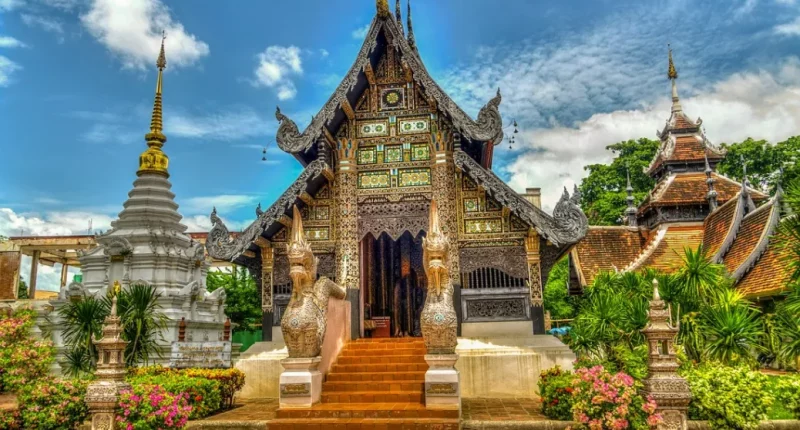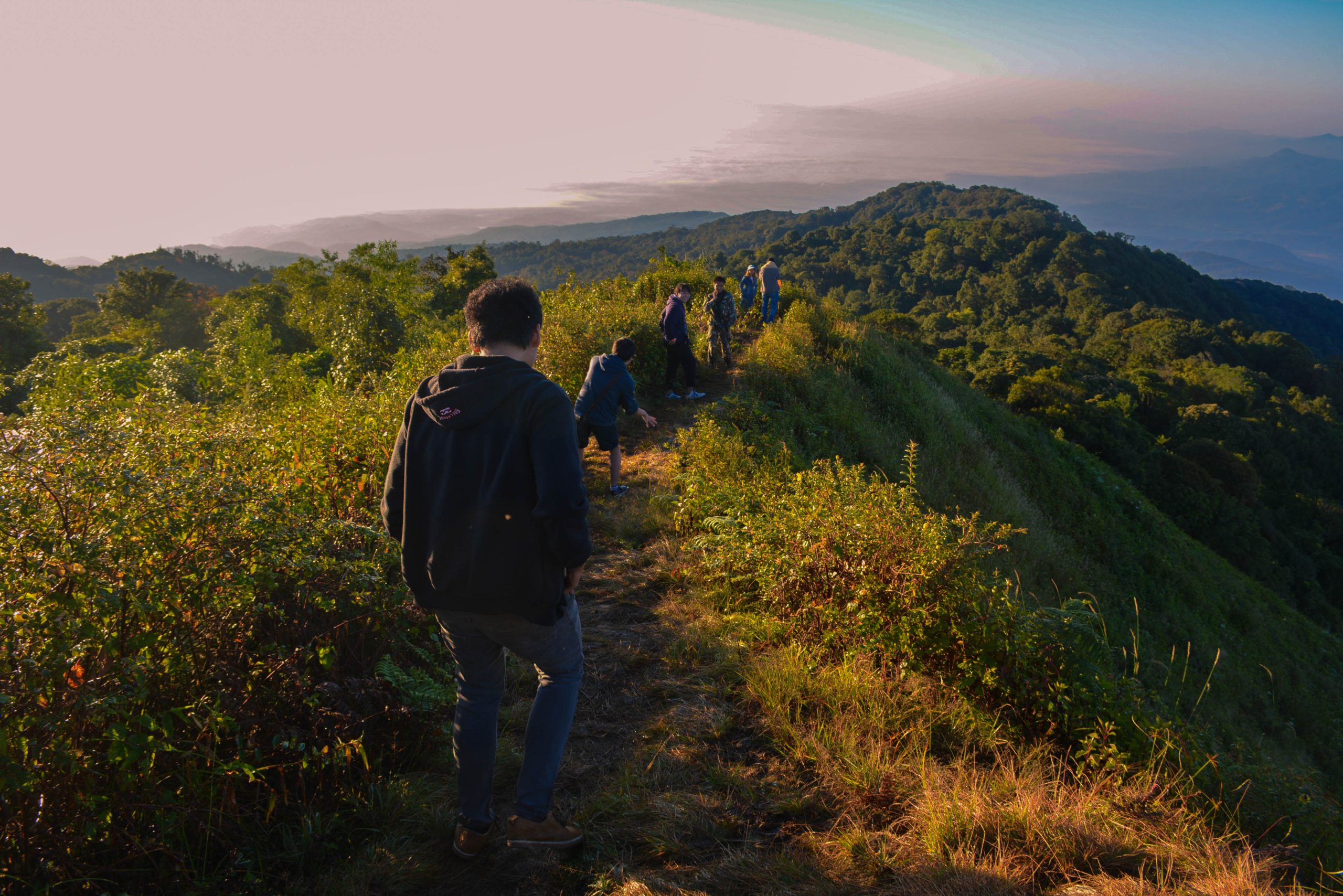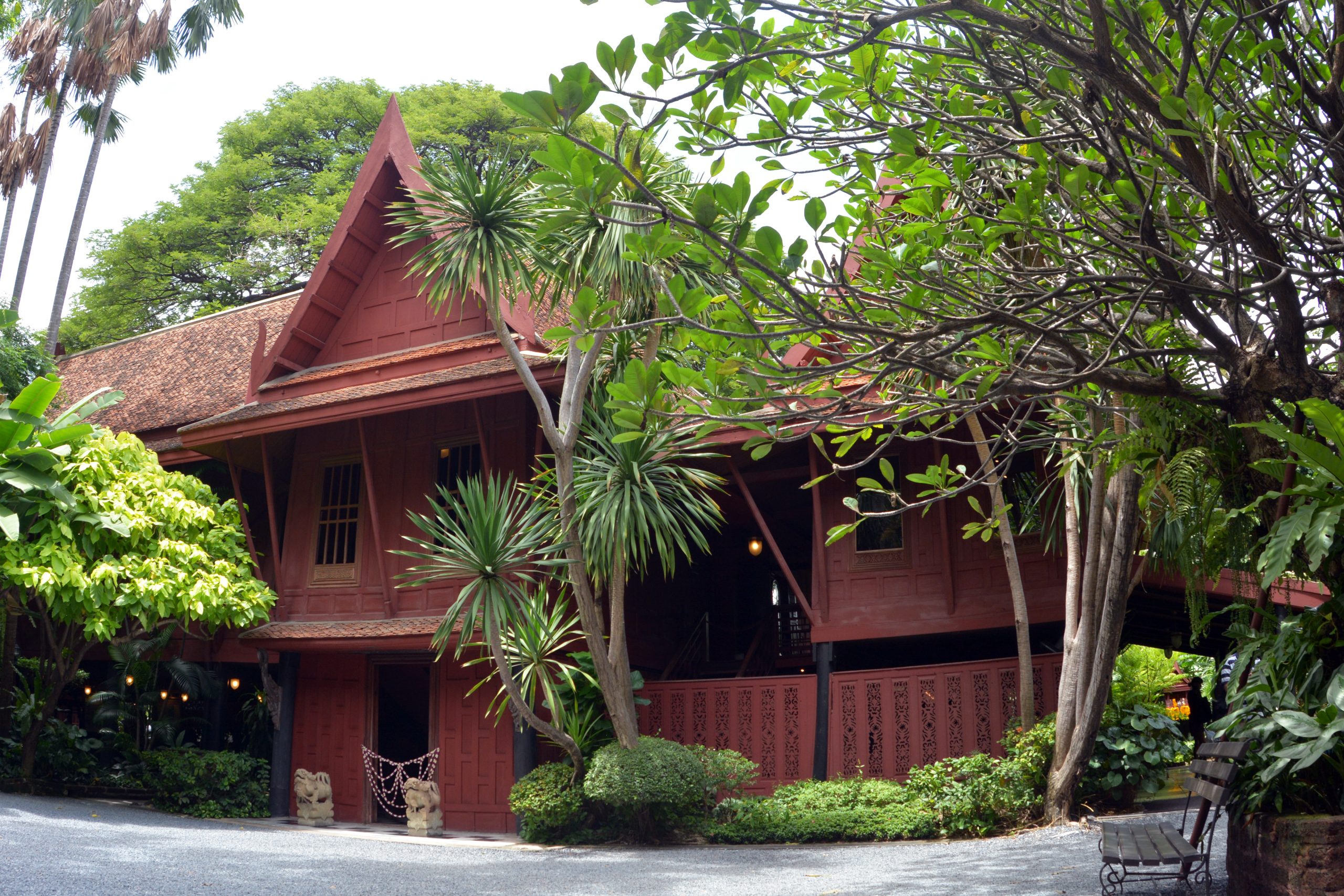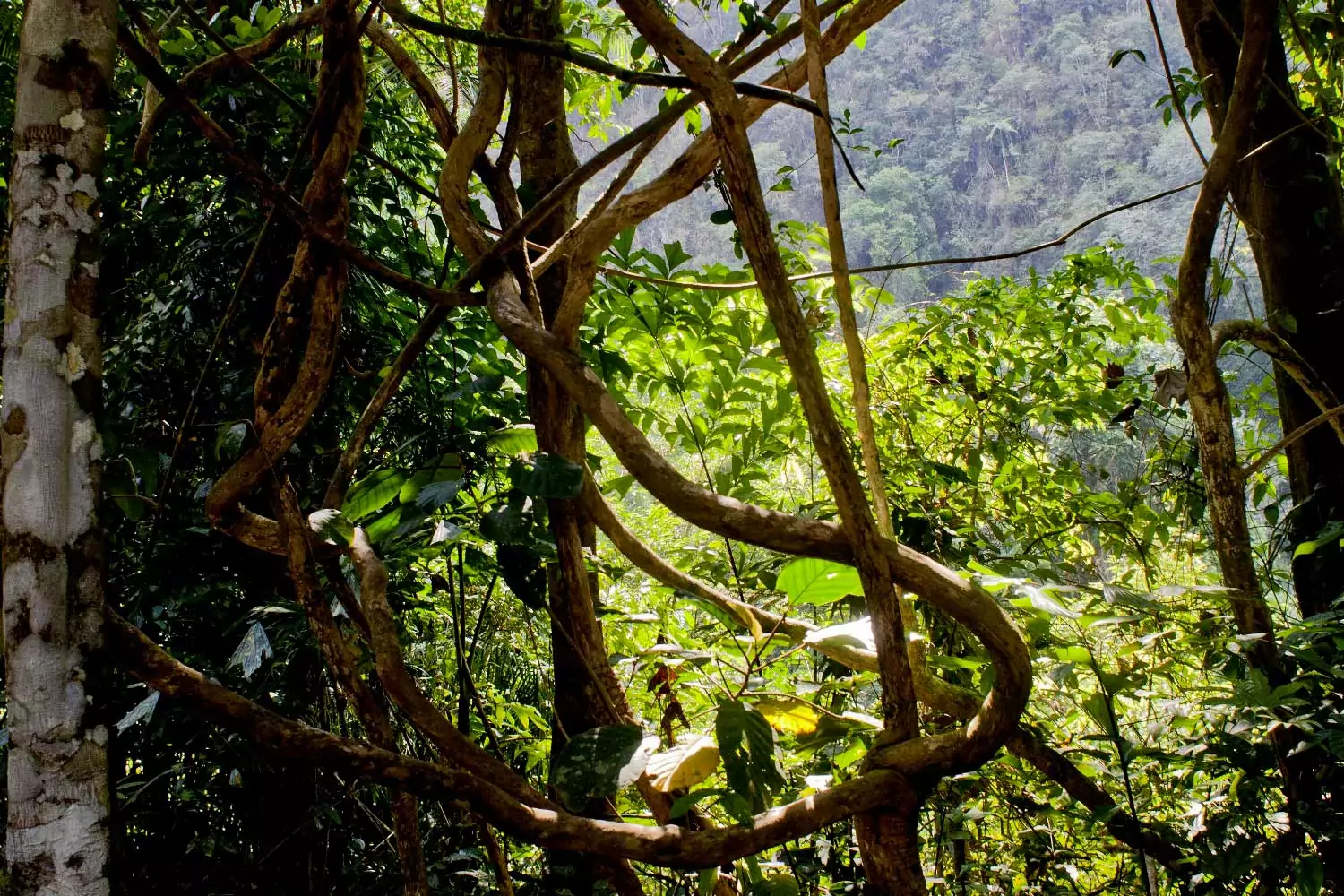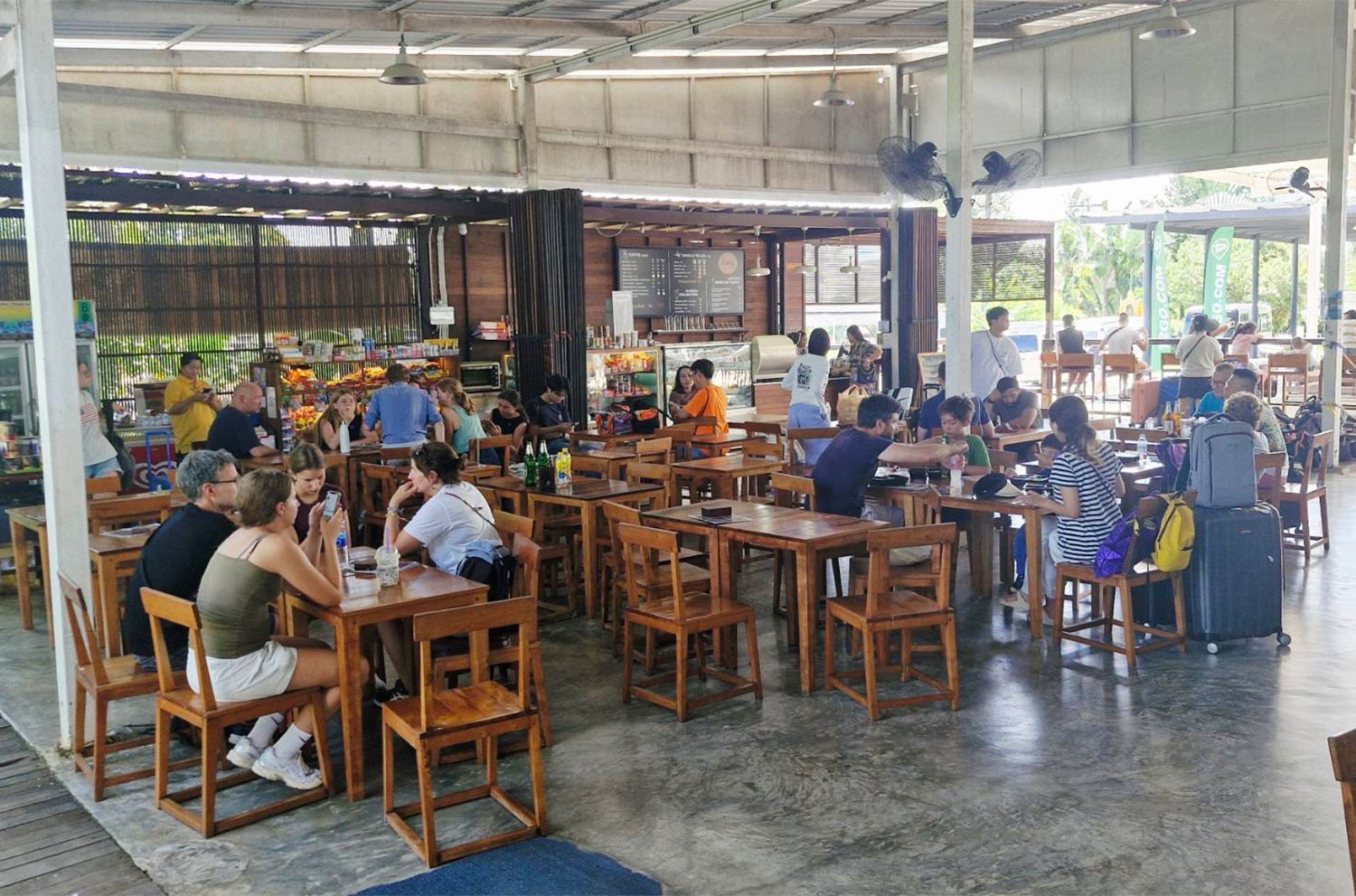Chiang Mai, a cultural gem nestled in the mountainous region of northern Thailand, is a must-visit destination for travelers seeking history, natural beauty, and authentic Thai experiences. Whether it’s your first visit or you’re returning for more, here are essential things to know before traveling to Chiang Mai to ensure a smooth and unforgettable trip.
1. Best Time to Visit Chiang Mai
Cool Season (November to February)
The best time to visit Chiang Mai is during the cool season, from November to February. This period offers pleasant weather, ideal for outdoor activities like visiting temples, exploring markets, and trekking. It’s also when Chiang Mai hosts famous festivals like Yi Peng and Loy Krathong.
Hot Season (March to May)
The hot season (March to May) brings higher temperatures, but it’s also the time for the popular Songkran Festival, Thailand’s New Year, where you can participate in water fights across the city to cool down.
Rainy Season (June to October)
The rainy season (June to October) offers lush greenery and fewer tourists, making it a quieter time to visit. However, be prepared for occasional downpours, and plan indoor activities like visiting museums or exploring Chiang Mai’s thriving café scene.
2. Understanding Chiang Mai’s Culture
Respect for Temples and Monks
Chiang Mai is known for its stunning temples like Wat Phra Singh and Wat Chedi Luang, and respecting local customs is important. Dress modestly when visiting temples, with your shoulders and knees covered. Additionally, it’s customary to remove your shoes before entering temple grounds.
When you encounter monks, remember that women should not touch or hand anything directly to them. You can show respect by keeping a polite distance.
Greeting with a Wai
The Wai is a traditional Thai greeting where you place your hands together in a prayer-like position and bow slightly. It’s a polite way to greet locals and show respect, especially to elders or officials. While not mandatory for tourists, returning a wai is appreciated in formal situations.
3. Getting Around Chiang Mai
Tuk-Tuks and Songthaews
The most common way to get around Chiang Mai is by tuk-tuk or songthaew (red trucks used for shared rides). Tuk-tuks are great for short trips and offer a fun experience, while songthaews are affordable for longer distances and traveling between major destinations.
Renting Motorbikes or Bicycles
Renting a motorbike or bicycle is popular for exploring the city and its outskirts. If you choose to rent, ensure you have the necessary documentation, such as a valid international driving license, and always wear a helmet for safety.
Walking and Exploring
Chiang Mai’s Old City is compact and easy to explore on foot, with many attractions, markets, and temples within walking distance. Walking also allows you to discover hidden gems like cozy cafés and local artisan shops.
4. Chiang Mai’s Local Cuisine
Must-Try Dishes
Chiang Mai is famous for its flavorful northern Thai cuisine, and you must try dishes like Khao Soi (a coconut curry noodle soup), Sai Oua (northern Thai sausage), and Nam Prik Noom (green chili dip). You’ll find these at local markets, restaurants, and even street food stalls.
Street Food Safety
While street food is delicious and affordable, it’s important to choose vendors with clean cooking practices. Look for busy stalls where the food is freshly prepared to avoid any issues.
5. Exploring Chiang Mai’s Night Markets
Night Bazaar and Sunday Walking Street
Chiang Mai’s Night Bazaar and Sunday Walking Street are must-visit markets where you can shop for handicrafts, souvenirs, clothing, and sample street food. Bargaining is common, so don’t hesitate to negotiate the price.
Local Handicrafts
Chiang Mai is known for its handmade crafts, such as silver jewelry, wood carvings, and textiles. Supporting local artisans by purchasing these items helps preserve traditional craftsmanship.
6. Adventure and Outdoor Activities
Hiking and Trekking
Chiang Mai is a great base for trekking and hiking in northern Thailand. Popular trails include Doi Inthanon National Park, where you can visit the highest peak in Thailand, and Doi Suthep, where you can hike up to the famous Wat Phra That Doi Suthep for panoramic views of the city.
Ethical Elephant Sanctuaries
Chiang Mai is home to several ethical elephant sanctuaries, where you can interact with these majestic creatures in a responsible manner. Choose a sanctuary that prioritizes the well-being of the elephants, allowing them to roam freely and without the use of riding or harmful practices.
7. Currency and Money Matters
Currency and ATMs
The currency in Chiang Mai is the Thai Baht (THB), and ATMs are widely available across the city. Most major establishments accept credit cards, but it’s wise to carry cash for small purchases, street food, and transportation.
Tipping Etiquette
Tipping is not mandatory in Thailand, but it’s appreciated in restaurants, hotels, and for services like tuk-tuk drivers or guides. Leaving small tips, such as rounding up your bill or offering 10-20 baht, is common.
8. Health and Safety Tips
Staying Hydrated
Chiang Mai can get hot, especially during the dry season, so it’s important to stay hydrated. Drink plenty of bottled water and avoid tap water unless you’re sure it’s been filtered.
Travel Insurance
It’s highly recommended to have travel insurance that covers medical emergencies, accidents, and theft. Although Chiang Mai is generally safe, accidents can happen, and it’s better to be prepared.
Conclusion: Preparing for a Memorable Trip to Chiang Mai
Chiang Mai offers an incredible mix of culture, adventure, and relaxation. From exploring its ancient temples and vibrant markets to enjoying its flavorful cuisine, there’s something for every traveler. By understanding the local customs, transportation options, and essential tips, you’ll be well-prepared for an unforgettable journey to this northern Thai treasure.
